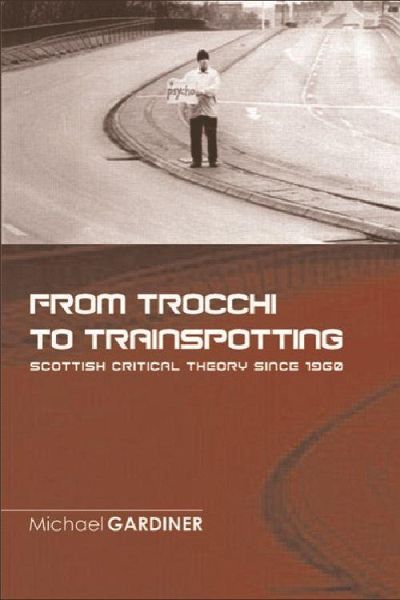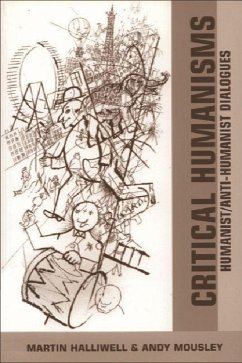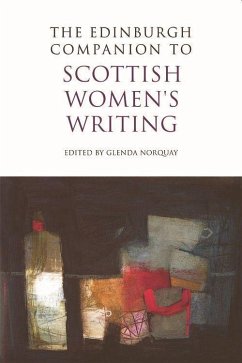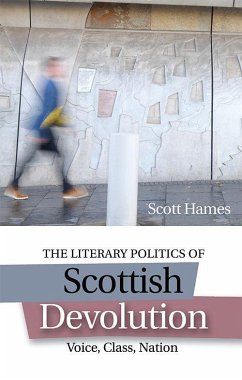Nicht lieferbar

From Trocchi to Trainspotting - Scottish Critical Theory Since 1960
Versandkostenfrei!
Nicht lieferbar
This is a provocative discussion of recent Scottish Literature and the accompanying critical theory. This book charts the rise and influence of Scottish literature and criticism on Critical Theory since the 1960s. It provocatively argues that critical-theoretical ideas came first from a Scottish context of writing from the 1960s onwards. Its themes can be read as a breakdown in Scottish Enlightenment thinking after empire - precisely the process which permitted the rise of 'theory' with which we are already familiar. The book places within a wider theoretical context writers like Muriel Spark, Edwin Morgan, Ian Hamilton Finlay, James Kelman, Alexander Trocchi, Janice Galloway, Alan Warner and Irvine Welsh, as well as more recent work by the likes of Pat Kane and Suhayl Saadi, who can be seen to take the 'post-Enlightenment' narrative forward. In doing so, it draws on the work of Scottish thinkers, John Macmurray and R.D. Laing as well as the continental philosophers, Michel Foucault, Jacques Derrida, Gilles Deleuze and Paul Virilio.
This provocative book argues that Scottish writing since 1960 has developed in tandem with the ideas of such continental critical-theorists as Gilles Deleuze and Paul Virilio. Scottish writers are examined within a wide theoretical context and include Muriel Spark, Edwin Morgan, Ian Hamilton Finlay, James Kelman, Alexander Trocchi, Janice Galloway, Alan Warner, Irvine Welsh, Alan Riach, and Pat Kane., reviewing a previous edition or volume












